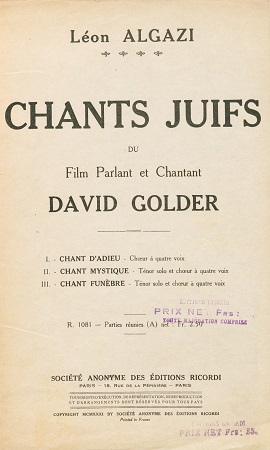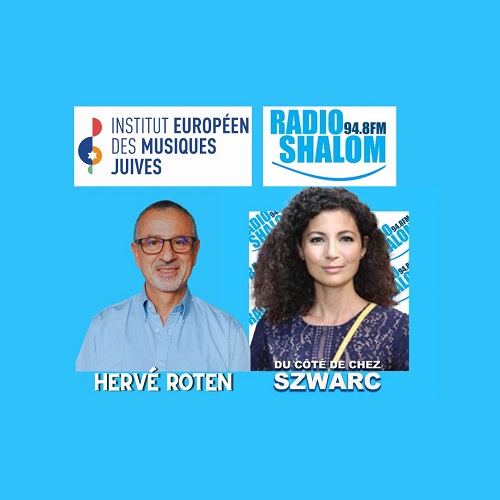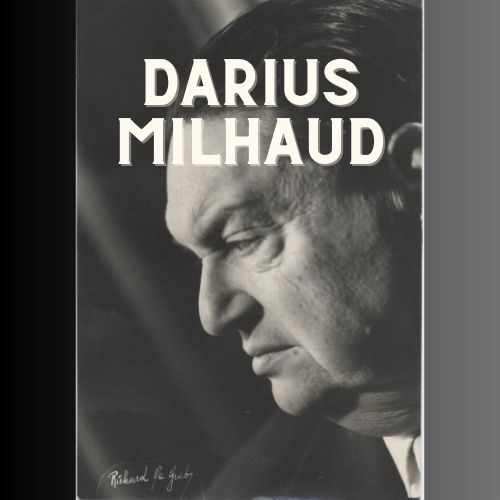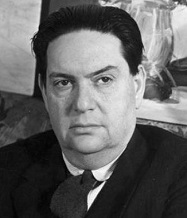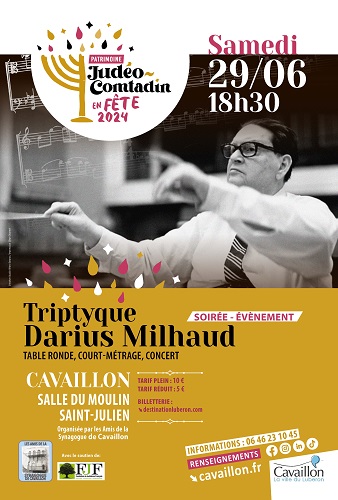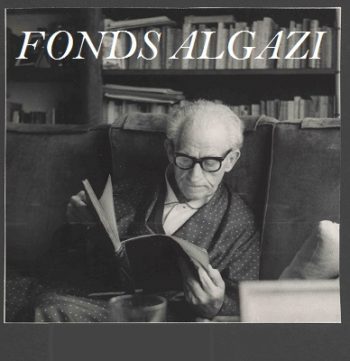
Deposited at the Yuval organisation in the 1990’s, then at the EIJM between 2007 and 2020, the Léon Algazi’s holding gathers around 600 documents (sheet music, audio files, films, photographies and other various archives) coming mainly from the Algazi family and from the archives of the Grande synagogue de la Victoire.
Born in Epuresti (Romania) on February 6, 1890, Léon Algazi showed a disposition for music at a very early age. After a brief stay in Jerusalem in 1905, he followed theological courses at the Séminaire Israélite de France in 1908, where he obtained his rabbinical diploma in 1922. At the same time, he continued to study with masters such as Arnold Schönberg and Hans Eisler in Vienna, André Gédalge, Raoul Laparra and Charles Koechlin in Paris. A passionnate student of folklore (he was in contact with his Romanian compatriot, the ethnomusicologist Constantin Brăiloiu ; he was also close to Abraham Zvi Idelsohn, the father of Jewish musicology), Algazi published in 1925 Trois chansons populaires juives French lyrics by Edmond Fleg (Max Eschig et Cie, Paris).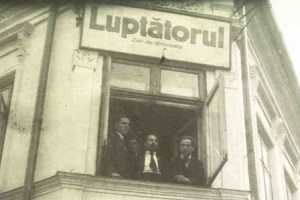
President of the National Syndicate of conductors for religious music, professor and director of the Israelite School of Pedagogy and Liturgy of the Séminaire Israélite de France, music director of Consistorial Temples, Léon Algazi was also one of the co-founders of the Symposium of Jewish Intellectuals of France created in 1957.
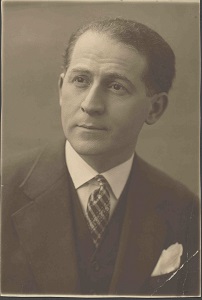
The collection from the Grande synagogue de la Victoire gathers also around 200 documents, mainly sheet music written or arranged by Léon Algazi.
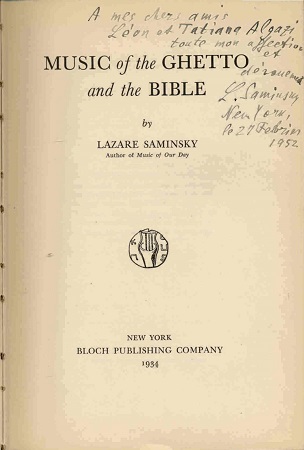
Browse the Algazi’s family holding
Browse all the archives on Léon Algazi
Listen to the playlist : The music of Léon Algazi
